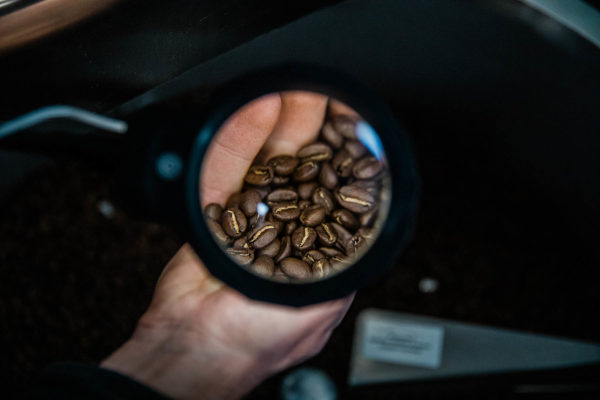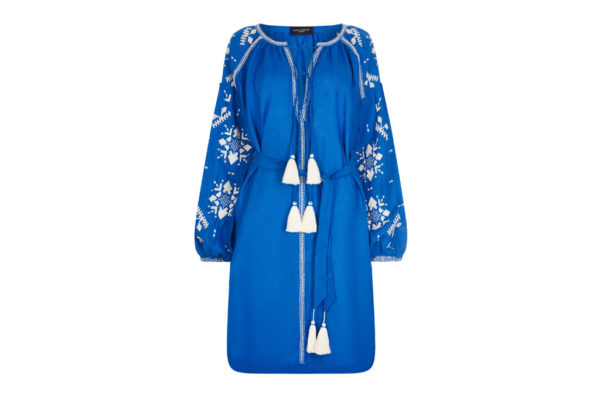Is Your Cuppa Ethical?
By
1 year ago
How ethical is your cuppa? (And what can you do to make things better?)
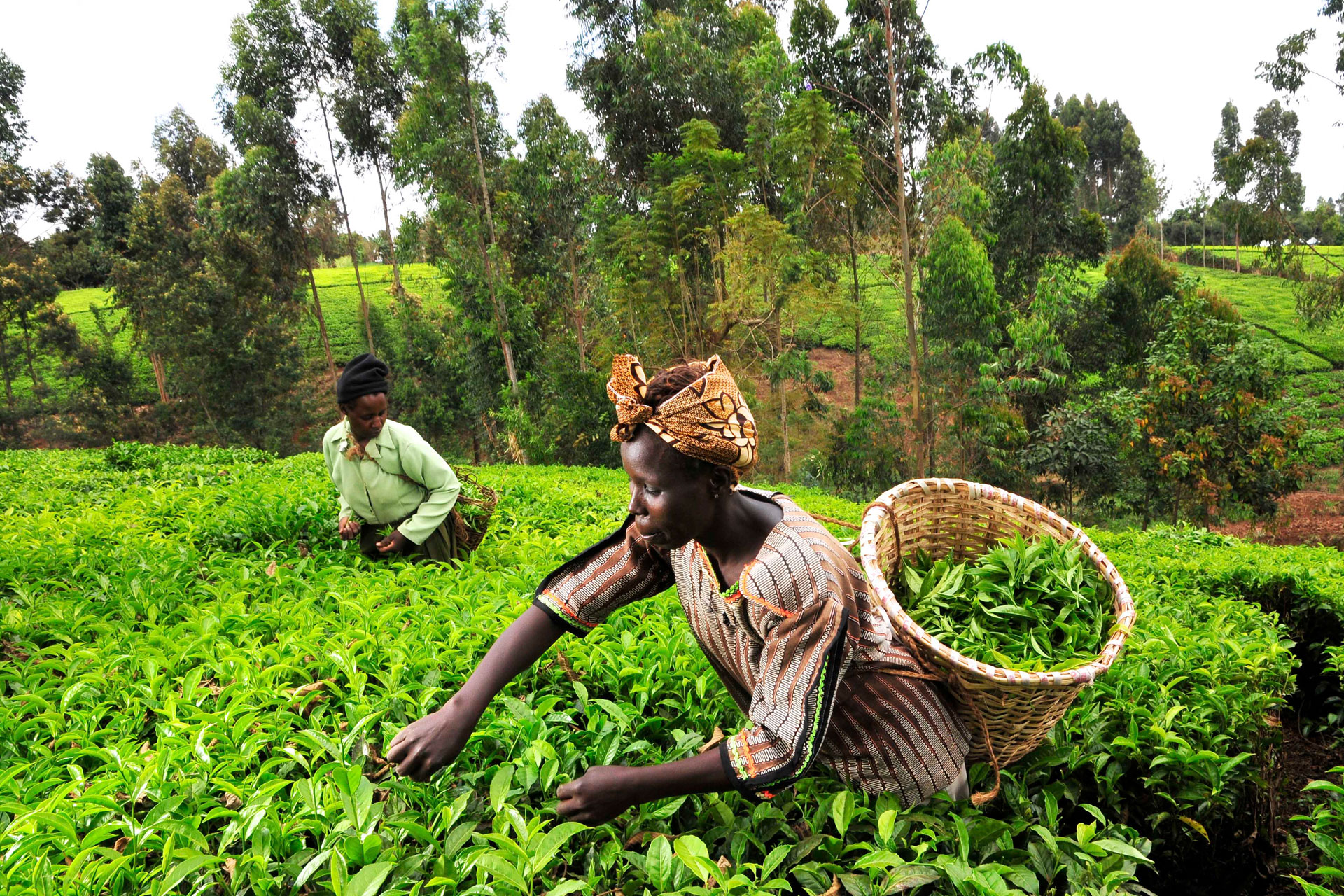
With BBC Panorama rocking headlines and unearthing exploitations at the heart of the UK’s favourite tea brands’ supply chains, we can’t turn a blind eye to our cuppas anymore – we’re asking you to join our campaign for cruelty-free, ethical tea. Discover the issue, and discover what we can do to help, below.
What’s The Issue With Our Tea?
BBC Africa Eye and BBC Panorama conducted an undercover investigation – available to watch on iPlayer here – and found that women working on tea farms in Kenya are regularly being faced with sexual harassment, coercion and pressure to have sex with their managers.
The BBC discovered that 70 of the 100 women they had spoken to had experienced this harassment.
These plantations were owned by Unilever and later James Finlay Kenya Ltd, and supply the tea for PG Tips, Lipton Tea, Sainsbury’s and Tesco Red Label.
It’s also not the first time that Kenyan tea plantations have come under such scrutiny. In August 2022, James Finlay Kenya Ltd was being sued for damages over workplace injuries, experienced by more than 1,000 former and current farm employees. In addition to this, the non-profit organisation, Verité, which works with governments to eradicate labour rights violations across the globe, estimates that 15 percent of the Kenyan tea farm workforce is made up of children.

Still of an anonymous victim from the BBC Panorama, kindly provided by the BBC.
This is not an issue exclusive to Kenya – rather, this is an issue in the wider production of tea all over the world. A tea plantation in Malawi was found by the Sunday Times to be host to many of the same issues and sexual exploitations. The Malawi tea farm supplies Bettys and Taylors of Harrogate, which owns Yorkshire Tea. Similarly, some tea plantations in the Assam region in India have been linked to human trafficking cases.
So it’s an industry wide issue. JustKai, a New Zealand volunteer organisation dedicated to researching the supply chains for consumer products, puts it like this: ‘Tea requires a lot of land to grow, so is often grown in rural areas far from law-enforcement officers. It is also a labour-intensive crop, and the prices it sells for vary considerably. All of these factors mean that it is a crop where child labour is commonplace and forced labour is not infrequently used.’
How Does This Impact The Tea We Drink?
These plantations supply the teas we all regularly drink. In the UK, the five brands that are the most popularly consumed are PG Tips (Unilever), Tetley, Typhoo, Twinings and Yorkshire Tea. In 2015, market research found that these five brands held an 81 percent share of the market. Supermarket red label teas are also popular. All of these brands are supplied by tea plantations like those (or the exact one) named in the BBC Panorama.
In short, the supply chains behind our favourite cups of tea have high probabilities of containing serious exploitation of labour.
What Can We Do?
Dig For Information About The Supply Chains Of Your Favourite Tea Brands
As it stands, we often do not immediately have access to the information about who has grown the tea we are purchasing. It requires a bit more digging.
And not every tea brand has declared its supply chain – in fact, most haven’t. According to the Business and Human Rights Resource Centre, only 20 of the 65 most popular tea brands have disclosed their supply chain data publicly.
It’s important for these brands to declare their supply chain, because it holds them to account for the protection of the workers involved at the beginning of their production line – by making abuse discoverable in the first instance. Without supply chain data, we are unable to exactly track what has gone into the production of the foods and drinks we consume on a daily basis, and allows a disassociation of responsibility from the companies profiting from these products.
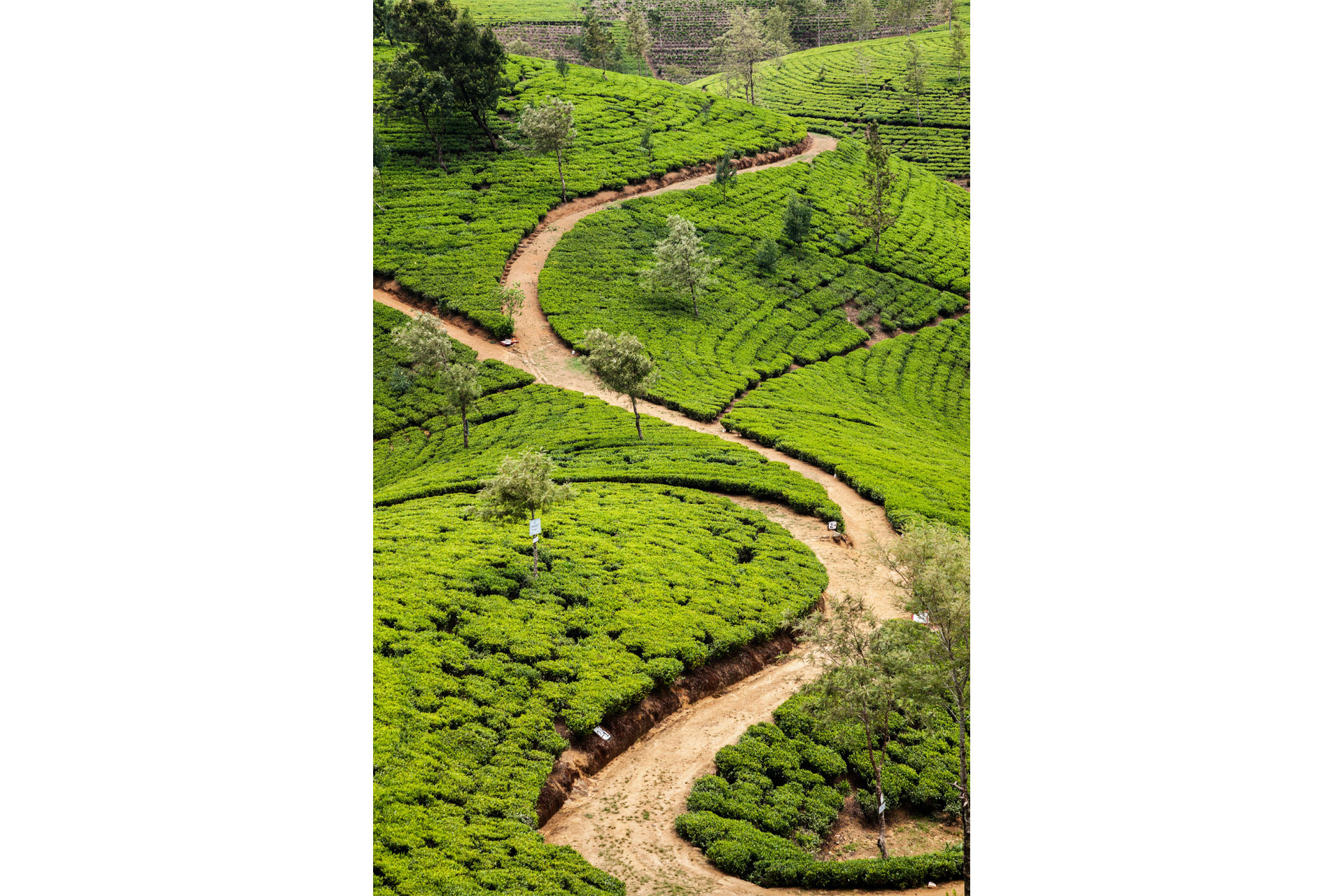
Tea picking is gruelling work most often undertaken by women – find out what is happening at the beginning of the supply chains for the teas you like to drink. A tea plantation in Sri Lanka, photo by Rowan Heuvel on Unsplash
There are resources online which can enable us – as consumers – to make more informed decisions that the tea brands we support with our purchases are transparent about the working conditions faced by their growers. The Business and Human Rights Resource Centre, for example, has a Tea Transparency Tracker where you can see survey responses from those 20 which have declared their worker conditions, and the Ethical Consumer has a guide to tea which ranks the brands according to their ethics (although this is behind a paywall).
Where this information isn’t declared, we can (and should) directly contact our favourite tea brands to encourage them to share this information more publicly. With enough pressure, they will be left with little choice but to declare their supply chain data in order to maintain consumer trust.
And between now and then, switch to those brands which have already declared their supply chains.
Write to MPs
The answer isn’t to boycott Kenyan tea in response to the BBC Panorama – not only would this be misguided, given the issue is not specific to Kenya alone, but as agriculture contributes 33 percent to Kenya’s GDP, it would strip their economy of a major revenue stream. This, in turn, would leave an already vulnerable workforce in an even more precarious position.
In relation to exploitation on Kenyan tea plantations, you could write to your local MP to encourage them to lobby the Kenyan Consulate for a crackdown on agricultural labour abuses – and elevate the voices of women who have been exploited as revealed by the BBC Panorama. It currently stands that many workers in Kenya do not have much option for recourse as they may not be registered as employees, and the companies they work for aren’t pursuing the perpetrators of abuse. While Kenya policymakers have announced that they will investigate these abuses, MPs can help by keeping the international pressure on.
You can also lobby your MP to champion transparency in supply chain data as a requirement by law. The Modern Slavery Act 2015 currently only compels companies to provide a statement detailing how they intend to combat labour exploitation in their supply chains – but also allows them to simply say that they do not currently have plans to eradicate it, and does not require them by law to publicly disclose their supply chains.
Look Out For Certain Certification Marks
It is easy to rely on picking brands marked by certification schemes. But according to Kate Jelly, labour rights researcher at the Business and Human Rights Resource Centre, ‘certification schemes provide no guarantee of an absence of rights abuses’. The MSI Integrity, a non-profit organisation which investigates the impacts of multi-stakeholder initiatives, similarly concludes that many certification schemes are ‘not fit for purpose’.
Beyond certification schemes, there are also membership bodies that tea companies might be part of. One is the Ethical Tea Partnership (ETP), which aims to support companies in preventing abuses of workers. However, a number of the tea brands name checked in the BBC Panorama were members of this organisation, so it does call into question the efficacy of such bodies. It is worth noting that, when contacted, the ETP stated that: ‘We take allegations of this nature extremely seriously. While we do not comment on individual cases, The Ethical Tea Partnership (ETP) adopts a zero-tolerance approach to any abuses of human rights.’ However, a mark alone from one of these organisations may not be enough to indicate that the tea you are picking up is cruelty-free – even if it’s a step in the right direction.
When looking for certification or scheme marks on boxes of tea in the supermarket, there are some marks which indicate regular auditing of labour conditions – and remain better than choosing a completely uncertified tea brand. The two identified by JustKai are Fairtrade and the World Fair Trade Organisation. Fairtrade, in particular, guarantees a minimum price for the tea, meaning that working conditions for labourers are often a bit more assured, and discourages the dominance of only the biggest companies. In the case of the Kenyan tea plantations, a facilitating factor of the sexual exploitation was precarity of employment, in addition to a monopoly on the industry by one or two companies.
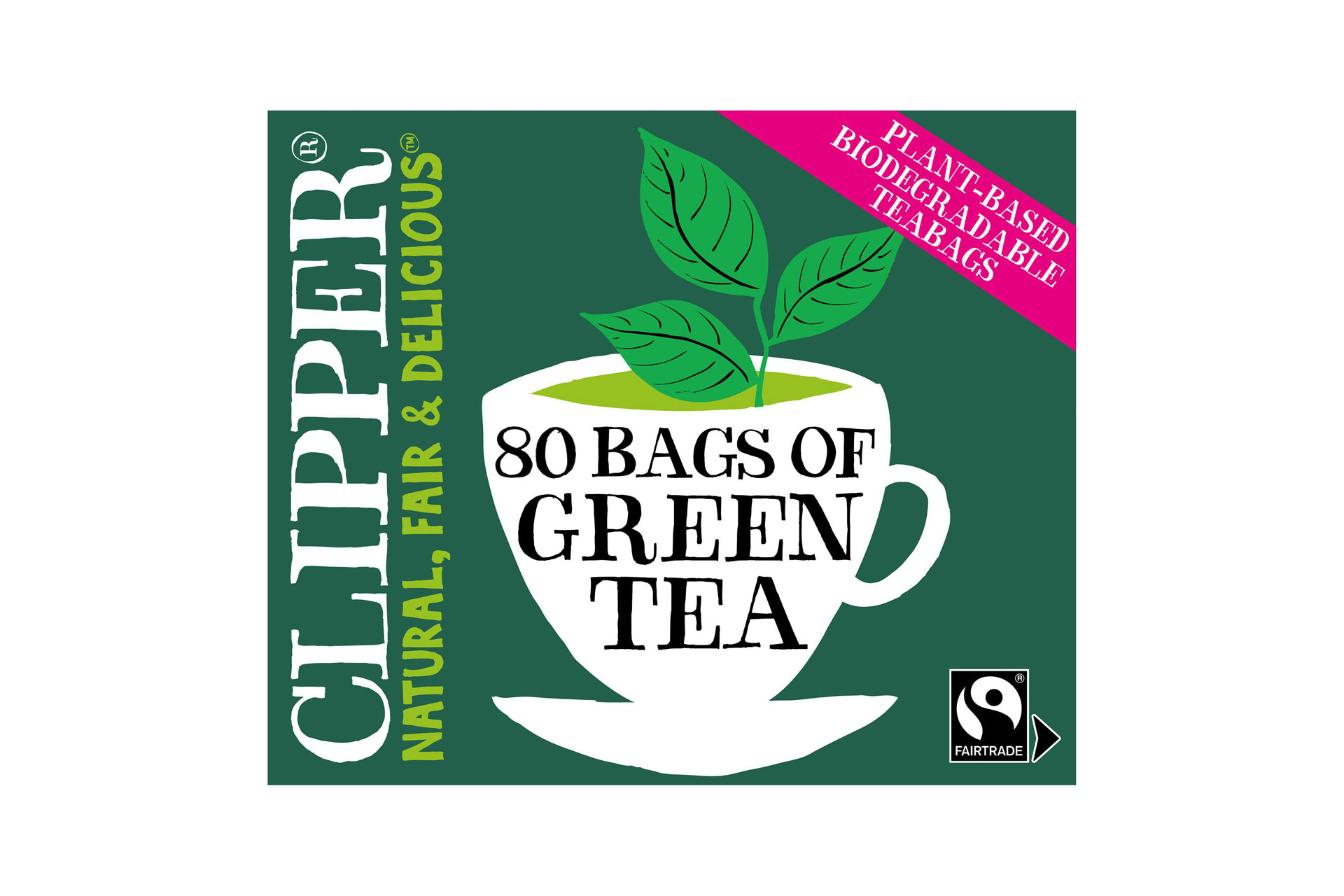
Look for the Fairtrade mark on the tea boxes you pick up, like the above
So, to recap:
- Write To Your MPs
- Support Brands which publicly Declare Their Supply Chains
- Pick World Fair Trade Organisation and Fairtrade certified brands – but be aware that certifications aren’t failsafes
Are There Any Ethical Tea Brands?
Clipper Tea was the UK’s first, and now the largest, Fairtrade tea brand, and made a public commitment in 2018 to have a slave-free supply chain. Its brand is built on providing cruelty-free tea – and so it’s a safer bet than most.
M&S own label teas, too, have a transparent supply chain, which is reassuring. It hosts an interactive supply chain map for all of its products, and only uses Fairtrade teas. In addition to this, it regularly undertakes Human Rights Impact Assessments which audit the labour conditions at the beginning of the supply chain, and explicitly has investigated its global tea plantations for violence against women in the workforce.
Want To Learn More? Here Are Some Resources
About… Human Trafficking in Supply Chains – Verité is a human rights organisation which ‘illuminates labour rights violations in supply chains’, providing guides by commodity into this harrowing global issue.
About… Supply Chains and Exploitation – Aja Barber’s Consumed looks into global supply chains from the perspective of fashion consumption and provides a practical toolkit to empower individuals to tackle the issue.
About… Certification Schemes and Tea – JustKai is a New Zealand volunteer organisation dedicated to researching exploitation in popular products that we consume, and their guide on tea includes a really informative breakdown on the efficacy of the certification schemes you might spot on tea brands.
About… Fairtrade – we have a guide on the meaning and origin of Fairtrade.
Featured image: Credit: ©2010CIAT/NeilPalmer under Creative Commons use via Flickr.




